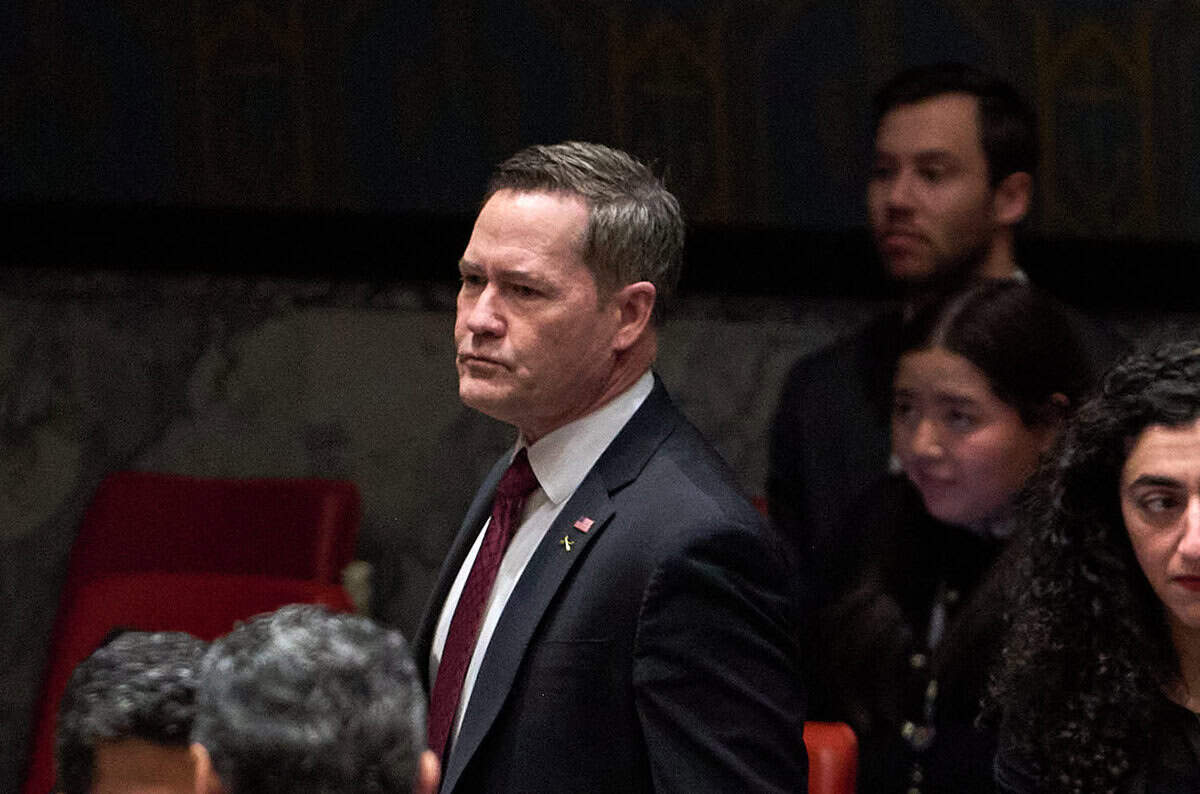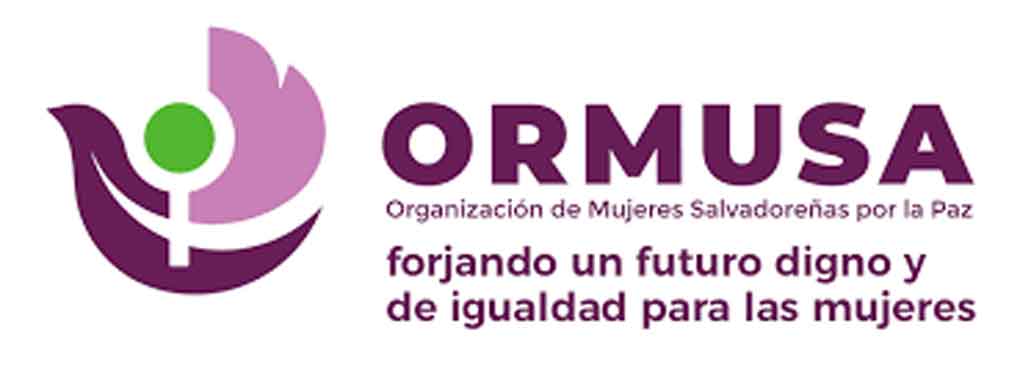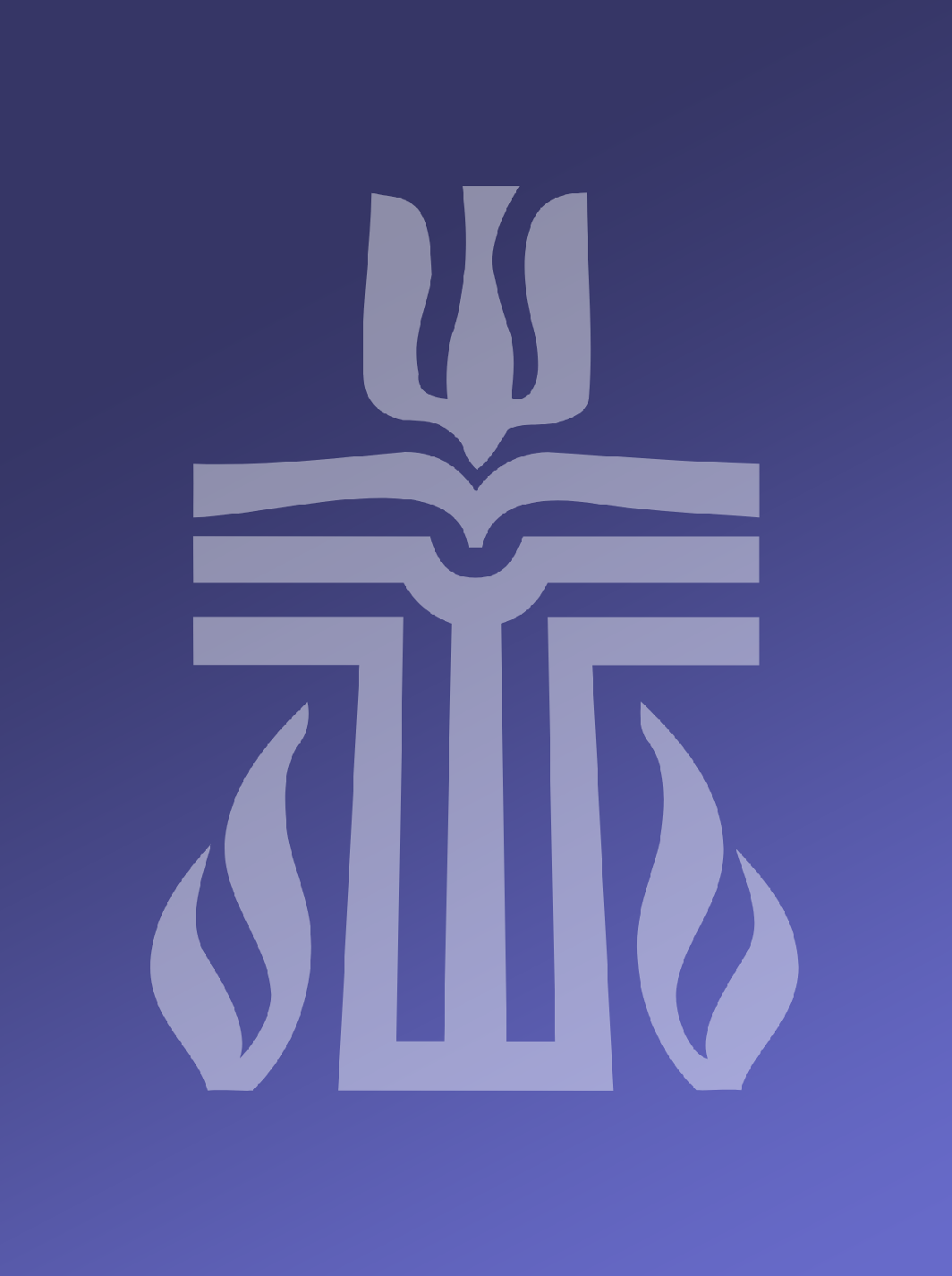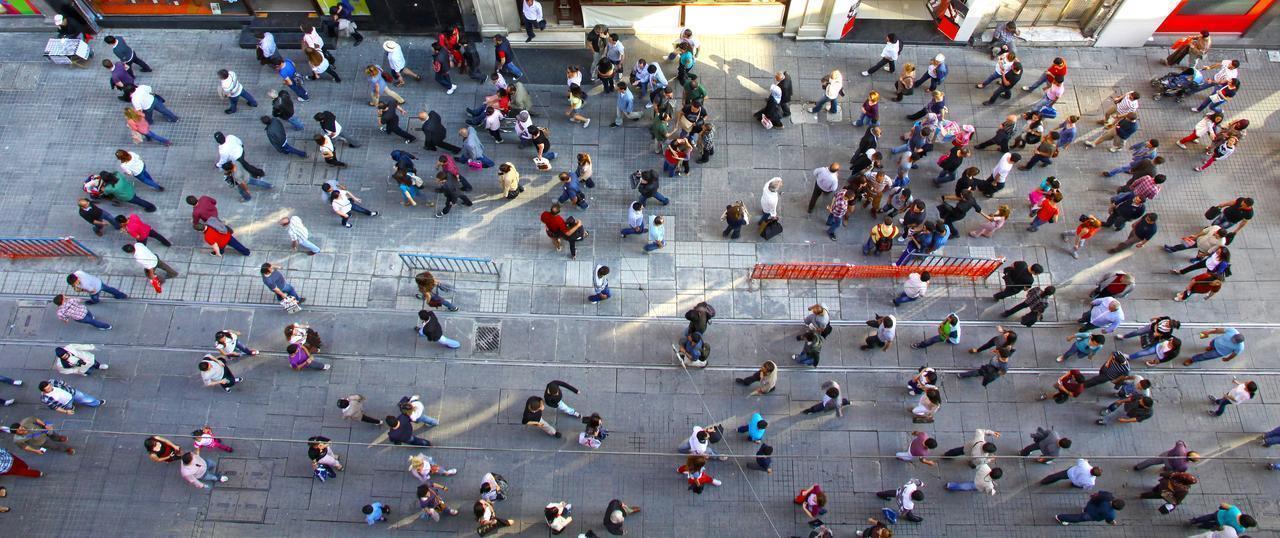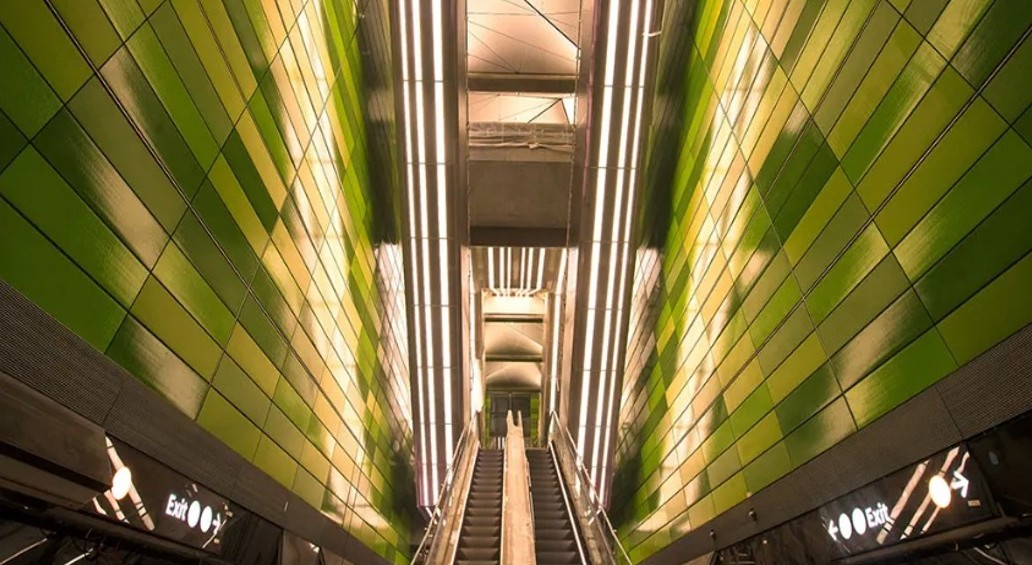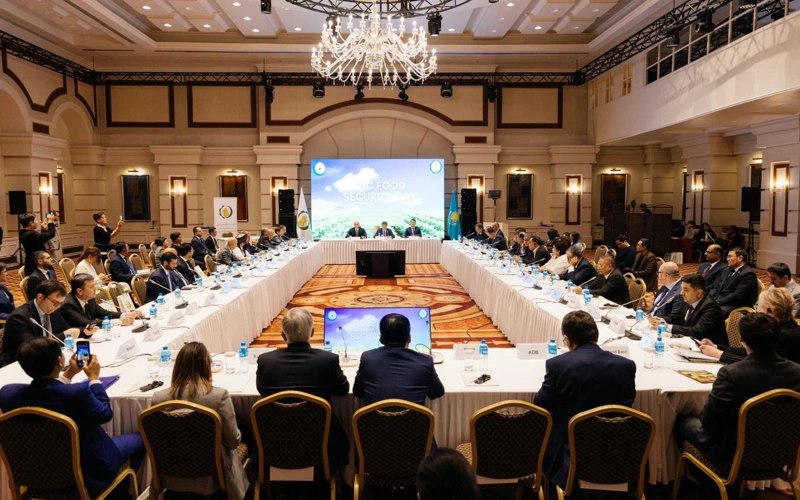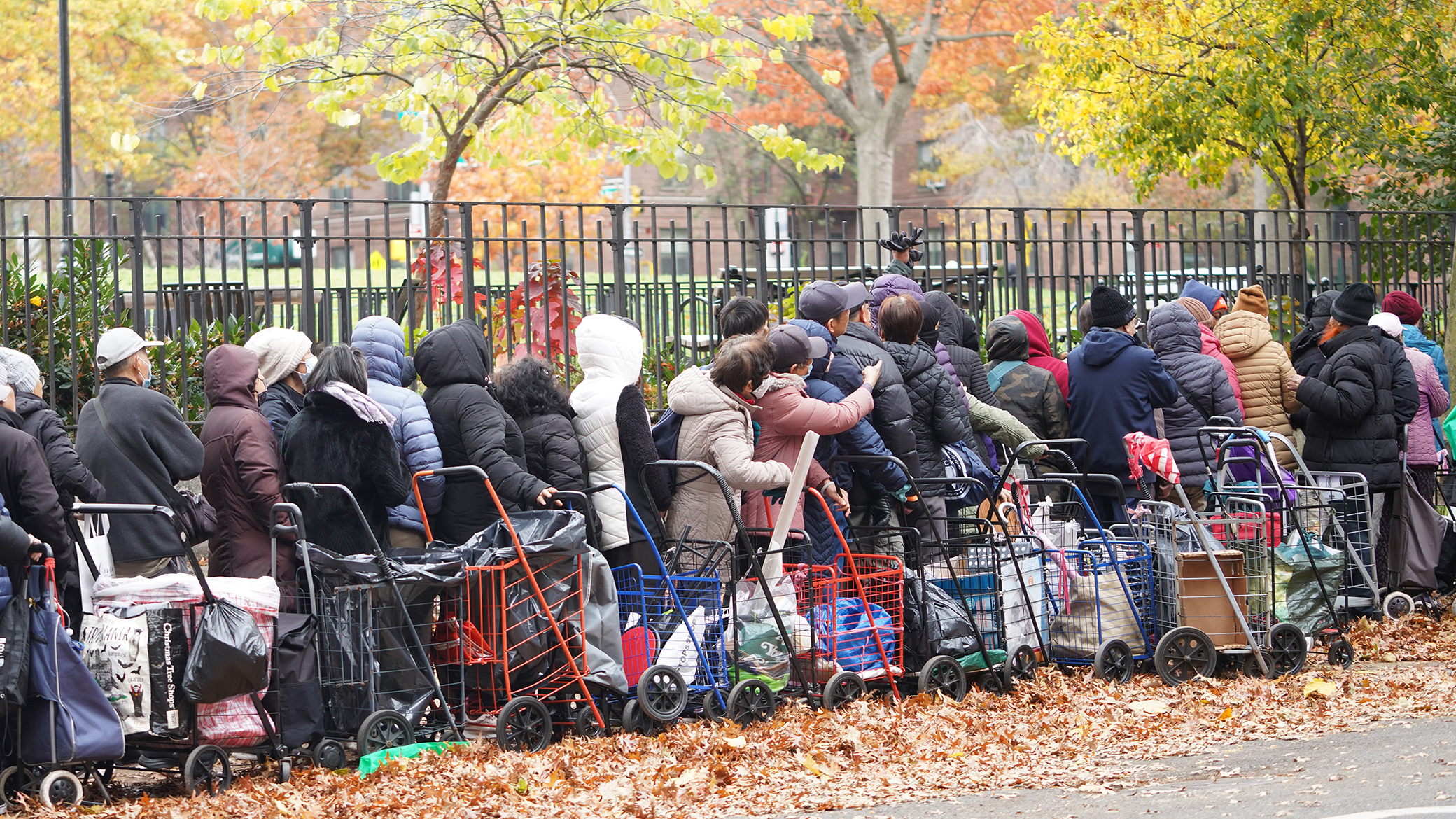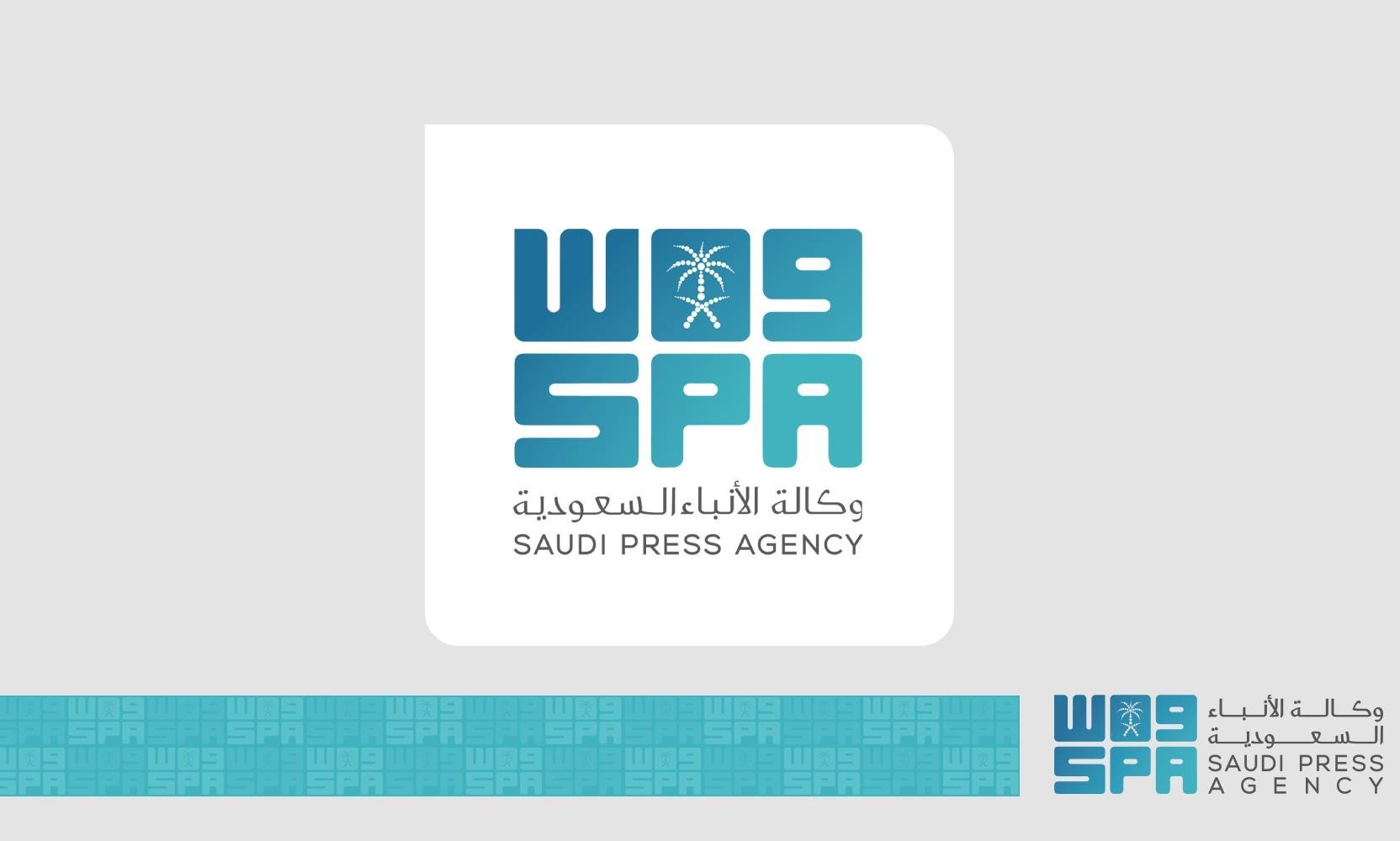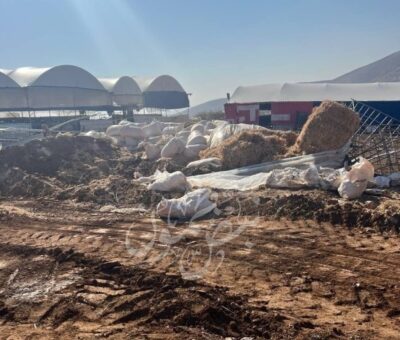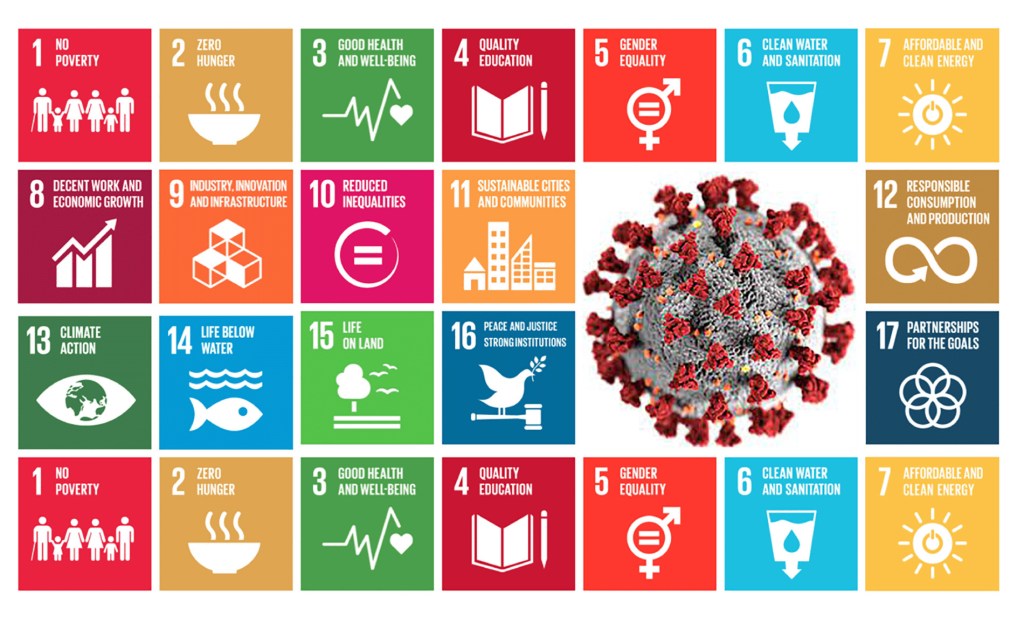Saudi Arabia warned over possible human rights violations during Riyadh Comedy Festival – JURIST Legal News

Riyadh Comedy Festival: A Review of Human Rights and Sustainable Development Goal Implications
A report from Human Rights Watch (HRW) indicates that the upcoming Riyadh Comedy Festival, a component of Saudi Arabia’s Vision 2030 economic strategy, raises significant concerns regarding the nation’s commitment to the United Nations Sustainable Development Goals (SDGs), particularly SDG 16 (Peace, Justice and Strong Institutions).
Vision 2030 and Economic Goals (SDG 8)
The festival is a key element of the Vision 2030 initiative, which aligns with SDG 8 (Decent Work and Economic Growth) by aiming to diversify the national economy and reduce reliance on oil revenues through the promotion of sectors like tourism. The event, scheduled from September 26 to October 9, is promoted as the world’s largest comedy festival, featuring over 50 internationally recognized performers.
Challenges to SDG 16: Peace, Justice and Strong Institutions
HRW alleges that the event is being utilized to divert global attention from the country’s human rights record, a practice that undermines the principles of transparency and accountability central to SDG 16.
Violations of Fundamental Freedoms (Target 16.10)
The report highlights a systemic repression of fundamental freedoms, which is in direct conflict with Target 16.10, aiming to ensure public access to information and protect fundamental freedoms.
- Saudi Arabia has not ratified key international agreements protecting free speech, including Article 19 of the Universal Declaration of Human Rights and the International Covenant on Civil and Political Rights.
- Domestic law criminalizes criticism of the government and Islam, severely restricting freedom of expression.
- The festival’s timing coincides with the seventh anniversary of the killing of journalist Jamal Khashoggi, a stark reminder of the risks faced by those expressing dissent.
Erosion of Rule of Law and Access to Justice (Target 16.3)
The HRW report details numerous cases that challenge the nation’s progress towards Target 16.3, which promotes the rule of law and ensures equal access to justice.
- Imprisonment of Activists: Human rights defenders and activists, including Waleed Abu al-Khair and women’s rights activist Manahel al-Otaibi, have been imprisoned for their speech.
- Executions for Speech-Related Offenses: Individuals such as journalist Turki al-Jasser and political analyst Abdullah al-Shamri have reportedly been executed for their expression.
- Surge in Executions: Rights organizations have recently reported an alarming increase in the number of executions carried out within the country.
The Role of International Partnerships (SDG 17)
The participation of prominent American and British comedians, including Kevin Hart, Dave Chappelle, and Jimmy Carr, brings SDG 17 (Partnerships for the Goals) into focus. HRW has called on these international partners to leverage their platform to advocate for human rights.
Responsibilities of International Performers
- HRW urged performers to use their high-profile status to call for the release of detained Saudi activists.
- The organization reported that it had written to the representatives of several performers regarding these human rights concerns but received no response.
- Comedian Tim Dillon stated he was removed from the festival lineup after making jokes related to Saudi Arabia, indicating a low tolerance for critical expression even from international partners.
Impact on Other Sustainable Development Goals
Gender Equality and Reduced Inequalities (SDG 5 & SDG 10)
The imprisonment of Manahel al-Otaibi, a women’s rights activist, directly contravenes the objectives of SDG 5 (Gender Equality). Furthermore, the broad suppression of dissent and lack of legal protections for free expression contribute to the marginalization of critical voices, undermining SDG 10 (Reduced Inequalities) by hindering the political inclusion of all citizens.
Analysis of SDGs, Targets, and Indicators
1. Which SDGs are addressed or connected to the issues highlighted in the article?
-
SDG 16: Peace, Justice and Strong Institutions
This goal is central to the article, which focuses on the promotion of just, peaceful, and inclusive societies. The article highlights severe issues related to justice and institutional integrity in Saudi Arabia, such as the repression of free speech, the imprisonment and execution of activists and journalists, and the lack of adherence to international human rights conventions. These issues directly contradict the aim of SDG 16 to build effective, accountable, and inclusive institutions and ensure access to justice for all.
2. What specific targets under those SDGs can be identified based on the article’s content?
-
Target 16.10: Ensure public access to information and protect fundamental freedoms, in accordance with national legislation and international agreements.
The article directly relates to this target by detailing the Saudi government’s repression of free speech. It provides specific examples of individuals who have been imprisoned (Waleed Abu al-Khair, Manahel al-Otaibi) or executed (Turki al-Jasser, Abdullah al-Shamri) for their speech. Furthermore, it states that the country “criminalizes criticism of Islam and the government” and is not a party to key international agreements that protect free speech, such as the International Covenant on Civil and Political Rights.
-
Target 16.1: Significantly reduce all forms of violence and related death rates everywhere.
This target is addressed through the article’s mention of state-sanctioned violence and killings. The text explicitly references the “killing of the journalist Jamal Khashoggi” and the fact that rights groups have “expressed alarm about a surge in executions in Saudi Arabia.” These points highlight a failure to reduce violence and related death rates, particularly those involving state actors.
-
Target 16.3: Promote the rule of law at the national and international levels and ensure equal access to justice for all.
The article implies a failure to uphold the rule of law and provide equal access to justice. The imprisonment and execution of individuals for exercising fundamental freedoms, as detailed in the cases of Khashoggi, al-Jasser, and others, suggest that the justice system is used as a tool for repression rather than a mechanism for ensuring justice. The lack of accountability for these actions further undermines the principle of the rule of law.
3. Are there any indicators mentioned or implied in the article that can be used to measure progress towards the identified targets?
-
Implied Indicator for Target 16.10: Number of verified cases of killing, arbitrary detention, and torture of journalists and human rights advocates.
The article provides specific data points that align with the official SDG indicator 16.10.1. It names individuals who have been killed (Jamal Khashoggi), executed (Turki al-Jasser), or imprisoned (Waleed Abu al-Khair, Manahel al-Otaibi) for their speech and activism. These cases serve as concrete examples that can be used to measure the country’s performance in protecting fundamental freedoms.
-
Implied Indicator for Target 16.1: Number of intentional homicides and state-sanctioned executions.
While the article does not provide comprehensive statistics, it points to specific events that can be measured. The “killing of the journalist Jamal Khashoggi” is a specific case of intentional homicide. The reference to a “surge in executions” implies that the number of executions is a key metric for tracking progress (or lack thereof) towards reducing violence and death rates, aligning with the spirit of indicator 16.1.1.
-
Implied Indicator for Target 16.10 & 16.3: Existence and implementation of legal frameworks protecting fundamental freedoms.
The article provides a qualitative indicator by stating that Saudi Arabia is not a party to international conventions protecting free speech (like the ICCPR) and actively “criminalizes criticism of Islam and the government.” The status of these national laws and the country’s participation in international human rights treaties can be used as an indicator to measure its commitment to protecting fundamental freedoms and upholding the rule of law.
4. Summary Table of Findings
| SDGs | Targets | Indicators (as identified in the article) |
|---|---|---|
| SDG 16: Peace, Justice and Strong Institutions | 16.10: Ensure public access to information and protect fundamental freedoms. |
|
| SDG 16: Peace, Justice and Strong Institutions | 16.1: Significantly reduce all forms of violence and related death rates everywhere. |
|
| SDG 16: Peace, Justice and Strong Institutions | 16.3: Promote the rule of law and ensure equal access to justice. |
|
Source: jurist.org

What is Your Reaction?
 Like
0
Like
0
 Dislike
0
Dislike
0
 Love
0
Love
0
 Funny
0
Funny
0
 Angry
0
Angry
0
 Sad
0
Sad
0
 Wow
0
Wow
0







